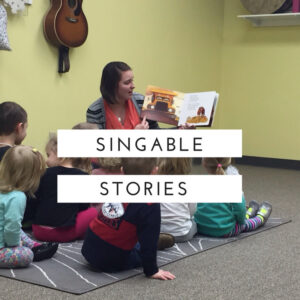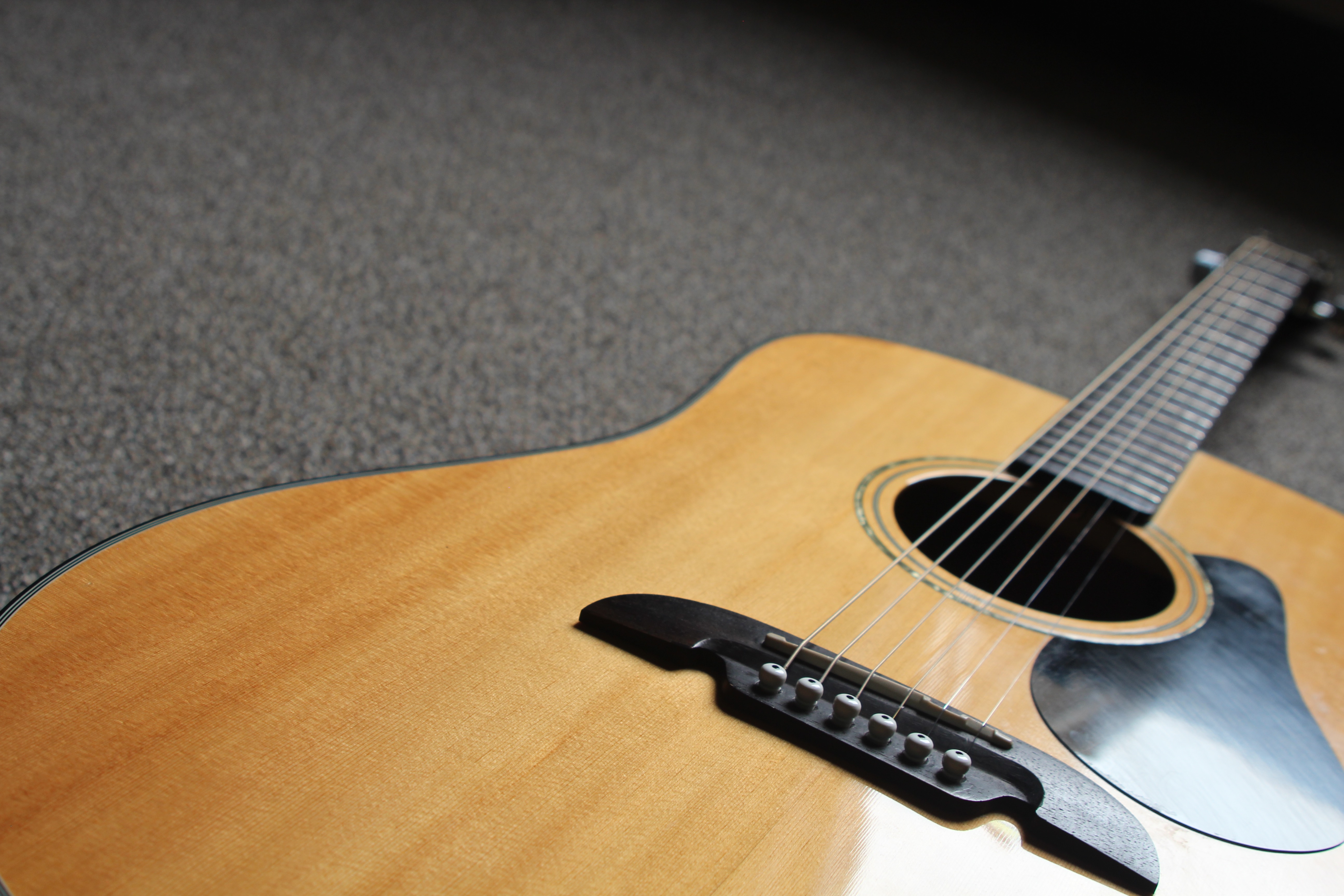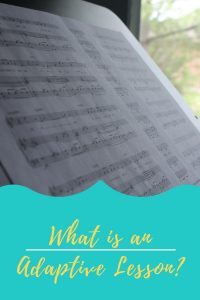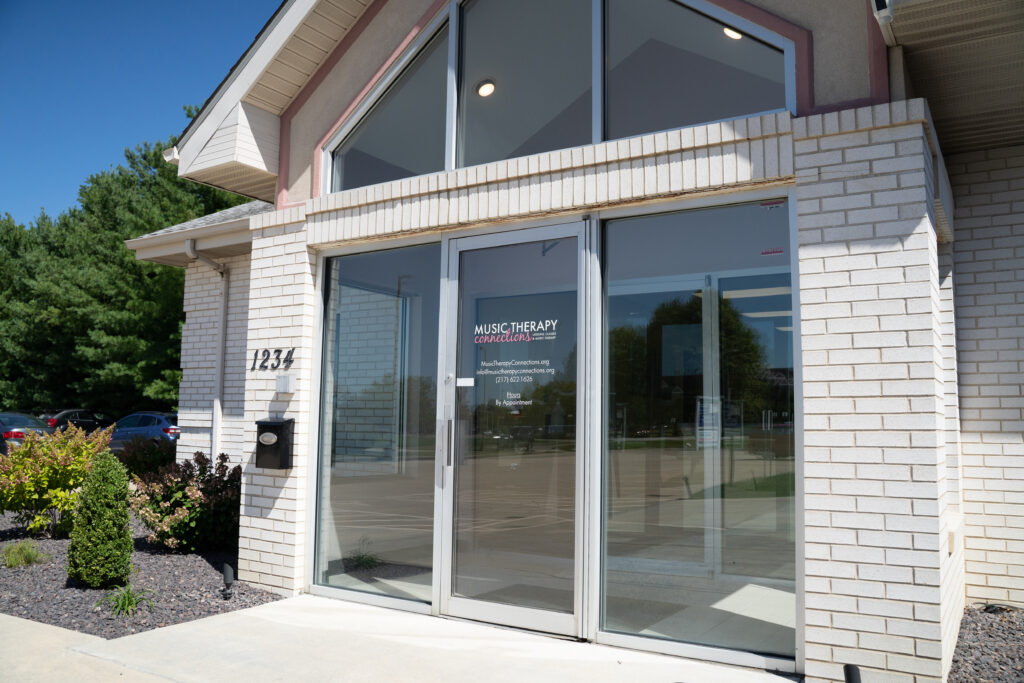Sign Language & Music: Beginner Signs
Hello Readers & Friends,
I hope you all have had a wonderfully restful weekend. I have been working and planning a brand new video series for professionals and families alike on my absolute favorite topic: sign language! Before we get started, I thought I would share a little about why I have such a passion for sign language in music.
I began learning sign language in high school while working at a Steak N’ Shake. I worked in a town where there was a large Deaf population because of the state school for the Deaf. I always thought it odd that nobody sought to learn sign language to communicate with respect, to customers. One night I began researching and learned a few basic signs that every server should know i.e. ketchup, mustard, mayo, sandwich, fries, cola, and of course, thank you. Immediately I felt more confident and equipped when serving. I carried this into my studies in Music Therapy and sought new ways to use sign language in the therapeutic environment.
Throughout this series we will explore different signs and how we can use them with specific goals in mind! So join in, and stay tuned for our weekly installment every Monday!
-AH










